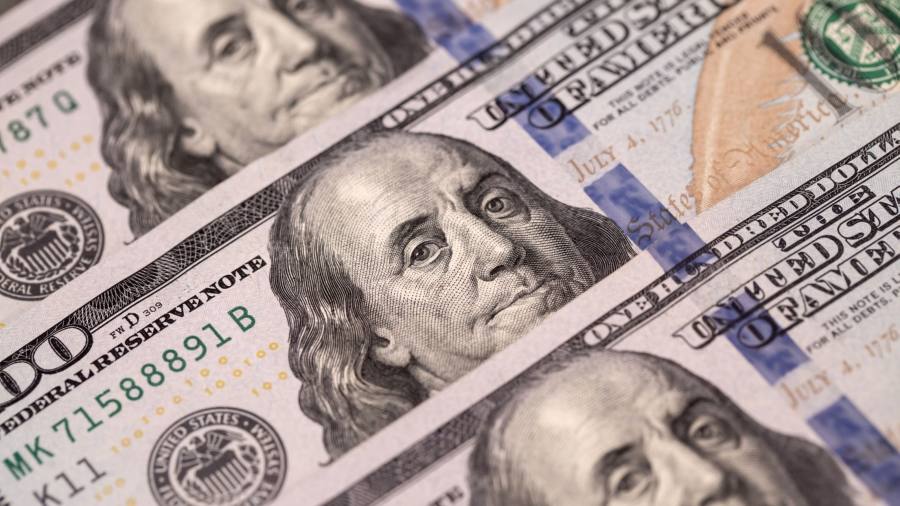For decades, I have believed that the U.S. dollar will retain its status as the dominant currency in the world economy. This is still the case today. No other currency — physical or virtual — can replace the dollar at the center of the international monetary system.
However, while the dollar remains the world’s “reserve currency,” its global influence is facing some non-economic challenges. This is a result of the growing fragmentation of the international economic system. National security and geopolitics are replacing economics in shaping national and international interactions.
Countries will now, slowly but surely, be forced to choose between two distinct paths: cooperation more to strengthen multilateralism and its rules-based framework, or economic decoupling as a means of greater risk mitigation for individual countries must accompany.
The dollar’s role as a reserve currency has long been supported by three attributes of the United States: its status as the world’s largest economy, the depth and breadth of its financial markets, and predictability stemming from institutional maturity and respect for the rule of law.
By adopting the U.S. dollar as a medium of exchange and store of value, other countries have achieved significant efficiency gains, while enabling the United States to enjoy what former French President Valéridi Scardestin called “exorbitant privileges” in the 1960s—essentially On the one hand, it has greater power to exchange its own currency for goods and services from other countries, and at the same time, it can obtain more low-cost financing.
It is part of the implicit contract: The United States benefits from managing the system responsibly. However, the latter aspect of the compact has been challenged over the past 15 years by the 2008 global financial crisis and the sudden imposition of trade tariffs in 2017, originating in the United States.
While these events have shaken the dollar’s dominance, they have not fundamentally weakened it due to what has been called “cleanest dirty shirt syndrome”: the dollar may not be an original reserve currency, but it is still considered more valuable than any other Currencies are clean for this role.
The situation has been made trickier over the past two years by the Fed’s mishandling of the rate-hike cycle and its growing emphasis on economic and business strategic resilience. Rather than seeking to replace the dollar outright, build conduits around the dollar in the world’s trade and payments infrastructure.
China has maintained its lead here, stepping up initiatives to create new regional and global institutions, expanding the use of its currency in bilateral payment and lending agreements, and improving the Belt and Road Initiative. But not just China.
Tough sanctions on Russia have helped spur interest in more countries in arrangements that bypass the dollar. In addition, more and more countries are starting to think that it is feasible to reduce their dependence on the US dollar over time. They are looking at how Russia can reorient its trade and replace the dollar in its imports and exports, albeit in a cumbersome and costly way.
Faced with these developments, the United States and its allies basically have two options.They can work together to reinvent multilateralism in an inclusive way, securing the support of Goldman Sachs’ Jared Cohn Refers Become a “geopolitical swing state”. This will include modernizing the governance, representation and operations of the IMF and World Bank.
Or they may choose to accept the short-term costs and uncertainties associated with the decoupling required to adequately mitigate risk. The “de-risk, not decoupling” concept proposed by the G7 over the weekend may seem attractive, but it could lead to unstable middle grounds rather than workable new balances.
From an economic perspective, a more inclusive multilateralism backed by a strong rules-based system would undoubtedly bring greater benefits than other alternatives. However, it is increasingly clear that economics no longer dominates trade and international financial processes. On the one hand, there has been a fundamental shift in the relationship between the economy and the combined forces of national security, politics, and geopolitics.
This is an inversion of the de-risking and decoupling that now encourages cross-border supply chains and cross-border payments that the long-weakened multilateral system will not be able to effectively deal with without major new efforts.


